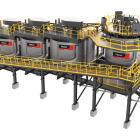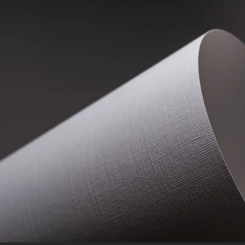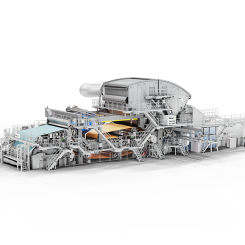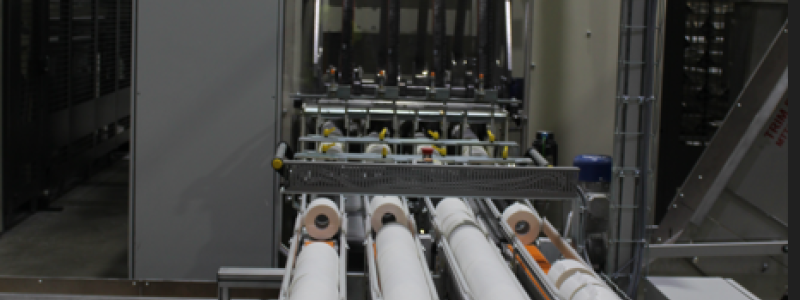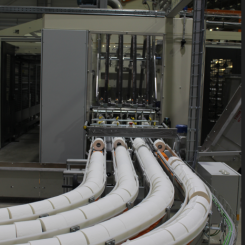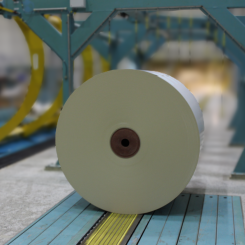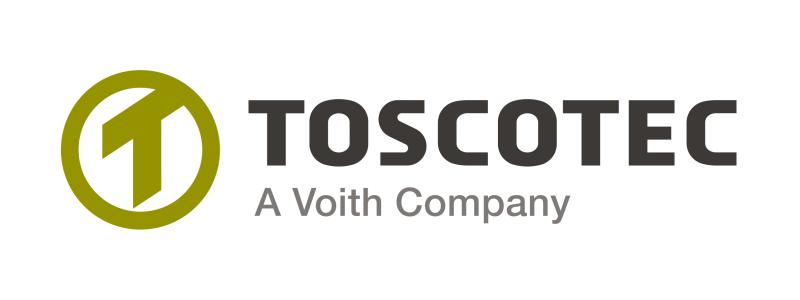Cepi, the Confederation of European Paper Industries,calls on European Union Member States and EU Parliament to promptly ratify the EU-Mercosur Partnership Agreement (EMPA), to ensure a level playing field and open new markets for the European pulp and paper industry.
The EU-Mercosur trade agreement proposed by the European Commission earlier in September would remove tariffs on over 90% of the goods exchanged between the EU and the South American trade block. For the pulp and paper sector, this agreement is particularly significant as it will eliminate tariffs on 85% of pulp and 90% of EU paper and board exports to Mercosur by the end of the tariff elimination schedule, according to an analysis by Cepi. The deal will also help reduce, and in certain cases remove, Non-Tariff Barriers, including ‘technical’ ones such as burdensome rules or standards that make it harder or costlier to import.
The EU-Mercosur EMPA would be the EU’s largest formal trade deal and deepen trade relations at a time when both Europe and Mercosur countries seek to diversify their partnerships.
Since January 2004, the EU has maintained zero import tariffs on all imported pulp, paper, board, and converted products, including those from Mercosur countries. In contrast, Mercosur nations have imposed tariffs on these same European exports, creating an uneven competitive landscape. The EU is home to several leading companies in the sector, integrated within a forest industry that is deeply connected to rural communities and following some of the most advanced sustainable forest management practices globally.
But current trade tensions created by the US administration now make it a good deal for both blocks to open further their markets. A situation shared by many other extra-European countries, but EU-Mercosur exchanges of pulp and paper are particularly interdependent. Europe is a net exporter of high-quality paper and board products globally, but it is also a significant importer of market pulp from the Mercosur, an important raw material in papermaking.
Given that the EU has already removed its tariffs for more than twenty years, the agreement should not lead to any significant surge in pulp and paper imports from Mercosur countries.
Cepi emphasises the importance of strict implementation and enforcement of the Trade and Sustainable Development (TSD) chapter to ensure that environmental and labour standards are upheld. Europe’s pulp and paper industry and the Brazilian forest industry are both committed to prevent illegal logging and deforestation.
Jori Ringman, Cepi Director General, comments:
“European companies in the pulp and paper sectors have been building a partnership with their South American counterparts for many years, which could now be solidified with this trade agreement. It is a good example of how trade deals can benefit both parties involved.”


